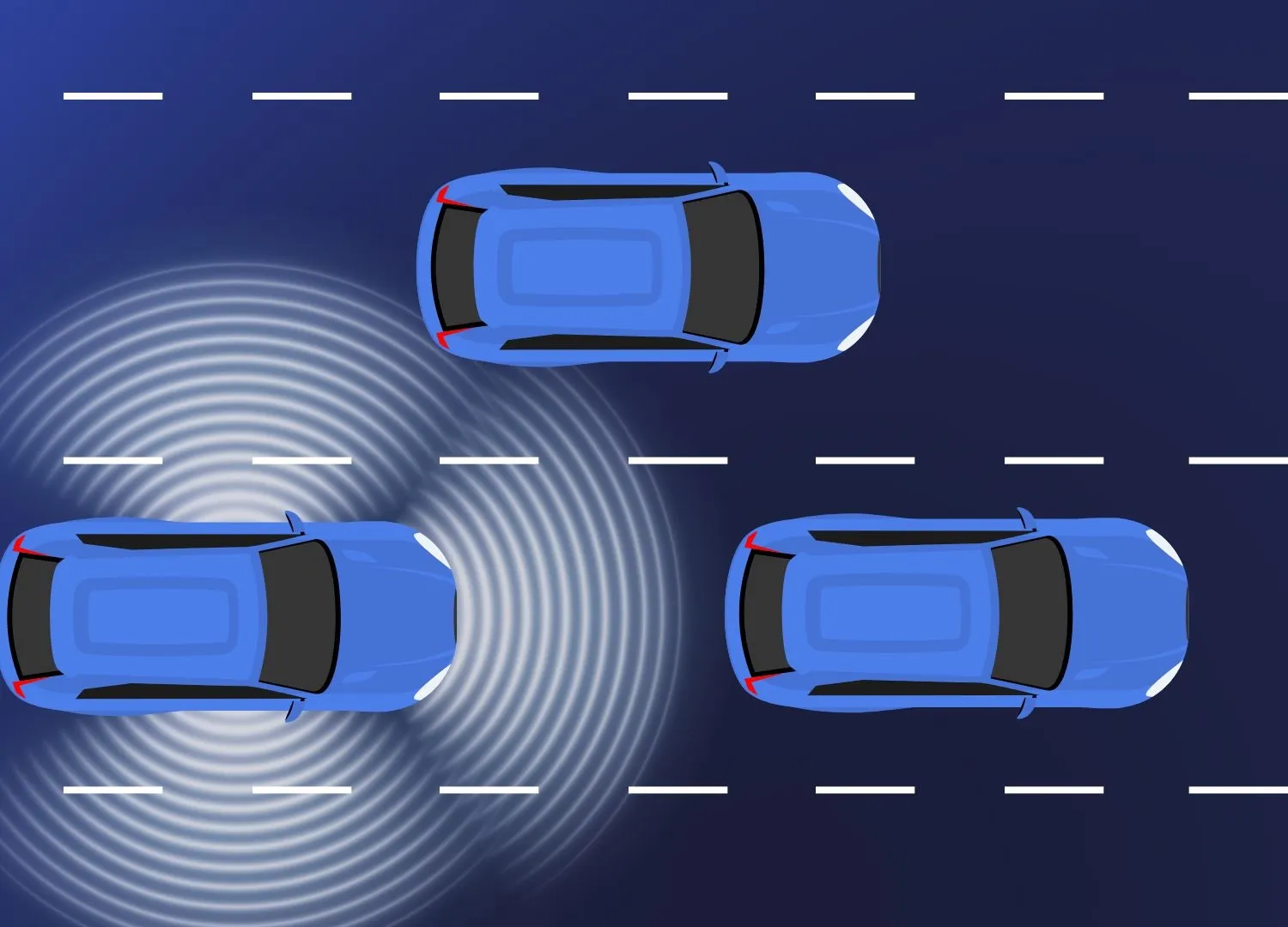
Mobileye said that, by the end of 2024 it will stop development of frequency modulated continuous wave (FMCW) Lidars for autonomous and automated driving systems.
The company, based in Jerusalem, Israel, believes that the availability of next-generation FMCW Lidar is less essential for its own eyes-off systems. This decision was based on a variety of factors, the company noted. These include substantial progress on its EyeQ6-based computer vision perception, increased clarity on the performance of its internally-developed imaging radar and continued better-than-expected cost reductions in third-party time-of-flight Lidar units.
This action does not impact any Mobileye customer product programmes or product development in general. It also has no bearing on Mobileye’s commitment to development of its in-house imaging radar, which is meeting performance specifications based on B-samples and is expected to enter production next year, on schedule.
In terms of Mobileye’s internal sensor development, imaging radar is a strategic priority, according to the company. It is a core building-block technology that Mobileye expects to drive the competitive advantage its Mobileye-based eyes-off systems in cost and performance optimisation and scalability.
The closing of the Lidar R&D unit by the end of this year will affect about 100 employees. Operating expenses for the Lidar R&D unit are expected to total around $60 million in 2024, including about $5 million related to share-based compensation expenses.








